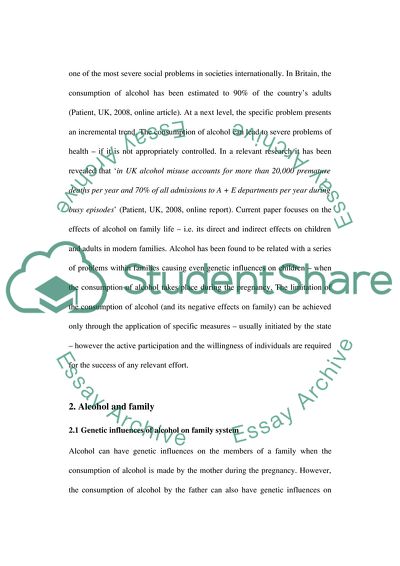Cite this document
(“The Negative Effects of Alcohol on Family: Phenomena of Alcohol Research Paper”, n.d.)
The Negative Effects of Alcohol on Family: Phenomena of Alcohol Research Paper. Retrieved from https://studentshare.org/health-sciences-medicine/1719600-living-with-alcohol
The Negative Effects of Alcohol on Family: Phenomena of Alcohol Research Paper. Retrieved from https://studentshare.org/health-sciences-medicine/1719600-living-with-alcohol
(The Negative Effects of Alcohol on Family: Phenomena of Alcohol Research Paper)
The Negative Effects of Alcohol on Family: Phenomena of Alcohol Research Paper. https://studentshare.org/health-sciences-medicine/1719600-living-with-alcohol.
The Negative Effects of Alcohol on Family: Phenomena of Alcohol Research Paper. https://studentshare.org/health-sciences-medicine/1719600-living-with-alcohol.
“The Negative Effects of Alcohol on Family: Phenomena of Alcohol Research Paper”, n.d. https://studentshare.org/health-sciences-medicine/1719600-living-with-alcohol.


